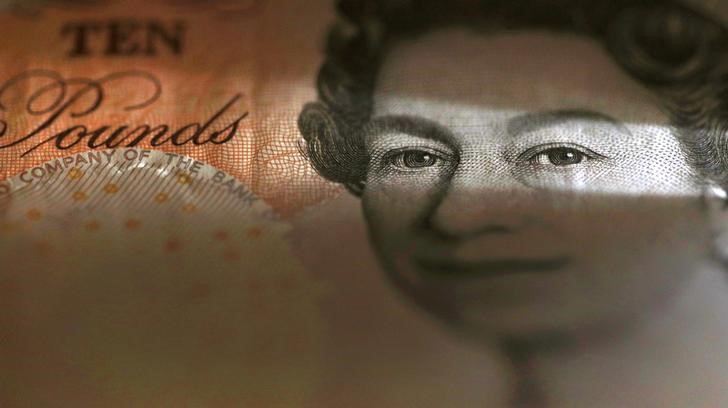Investing.com - Sterling retreated from four-month highs against the dollar on Tuesday after data showing that U.K. manufacturing activity contracted for the first time in over three years in April, adding to gloom over the outlook for second quarter growth.
GBP/USD was last at 1.4712, still up 0.26% for the day after rising as high as 1.4769 earlier, the most since January 4.
The Markit U.K. manufacturing purchasing managers’ index fell to 49.2 in April from a downwardly revised reading of 50.7 in March.
Economists had expected a more modest uptick to 51.2.
It was the first time that the index fell below the 50.0 level separating growth from contraction since March 2013, highlighting concerns over a deepening slowdown in the sector at the start of the second quarter.
The sharp slowdown in the factory sector was mainly due to headwinds from a weaker global economy and an ongoing downturn in the oil and gas industry as well as uncertainty over the European Union membership referendum on June 23.
New export orders fell for the fourth straight month in April, as global economic growth continued to slow.
“On this evidence manufacturing production is now falling at a quarterly pace of around 1%, and will likely act as a drag on the economy again during the second quarter and putting greater pressure on the service sector to sustain GDP growth,” Rob Dobson, senior economist at survey compilers Markit, said.
The pound has strengthened against the dollar in recent sessions amid expectations that Britain will vote to remain in the EU on June 23.
The dollar has come under heavy selling pressure since the Federal Reserve kept interest rates on hold last week and indicated that it will stick to a cautious approach on future interest rate increases.
Strong gains in the yen, which has rallied since the Bank of Japan held off implementing additional monetary stimulus measures last week have also pressured the dollar lower against the other major currencies.
The U.S. dollar index, which measures the greenback’s strength against a trade-weighted basket of six major currencies, slumped to 16-month lows of 92.08 on Tuesday.
Sterling remained lower against the euro, with EUR/GBP last at 0.7881 from 0.7884 earlier.
